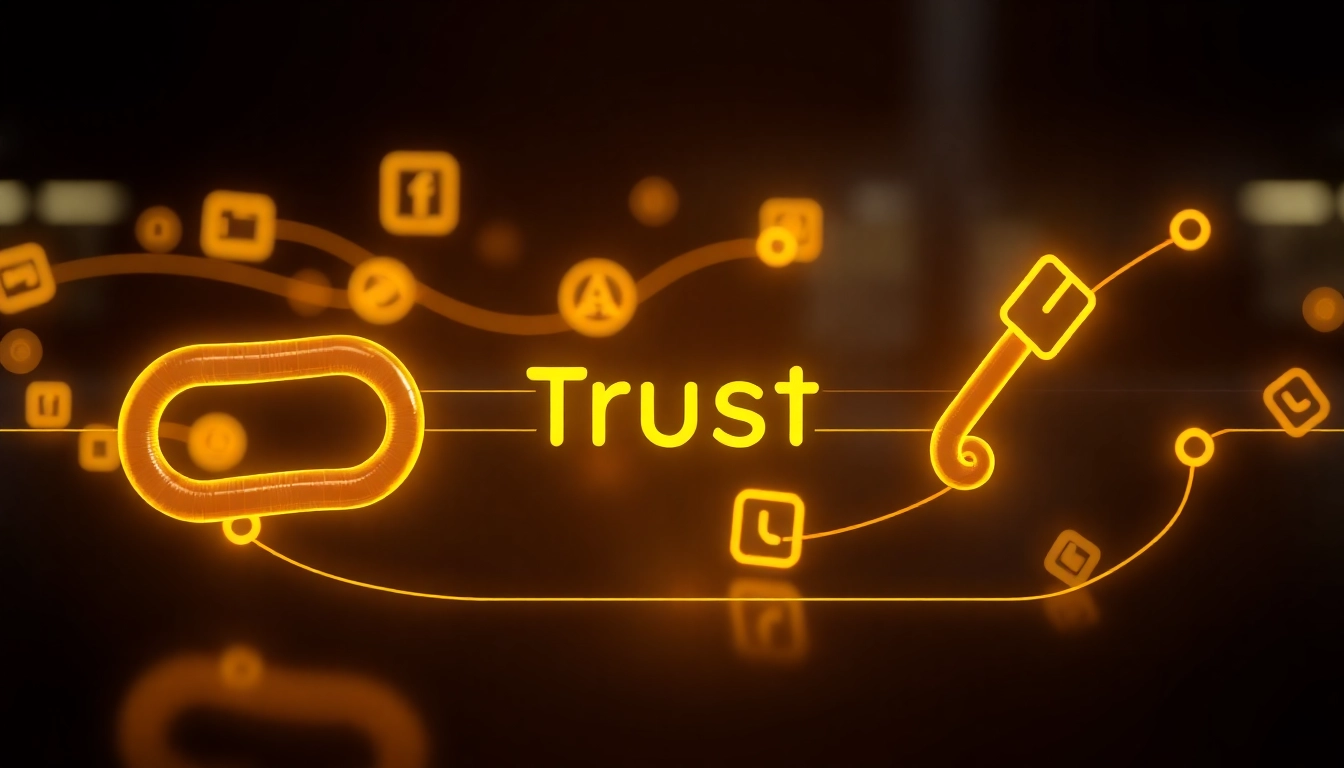
Understanding Business Capital: Key Concepts for Filipino Entrepreneurs
Definition and Importance of Business Capital in the Philippines
For Filipino entrepreneurs aiming to scale their businesses or maintain operational stability, understanding business capital is fundamental. Business capital represents the financial resources a company harnesses to fund its operations, invest in growth opportunities, and withstand economic fluctuations. In the context of the Philippines, where micro, small, and medium enterprises (MSMEs) form the backbone of the economy, access to reliable and flexible business capital can mean the difference between survival and expansion.
The importance of business capital in the Philippines cannot be overstated. Many MSMEs face challenges such as limited access to formal financial systems, high-interest rates, and rigid lending terms. Consequently, Filipino entrepreneurs often need tailored financial solutions that align with their business models, cash flow cycles, and growth ambitions. Availability of sufficient business capital empowers entrepreneurs to finance inventory, upgrade equipment, hire skilled staff, and execute marketing strategies—driving productivity and competitiveness.
Effective management of business capital also plays a vital role in maintaining financial health. Proper allocation ensures that resources are directed toward high-impact activities, minimizing wastage. As the Philippine government and private sector collaboratively encourage MSME development, institutions like Pondo Pinoy provide flexible funding options, fostering an environment conducive to sustainable growth.
Types of Business Capital Available to Micro, Small, and Medium Enterprises
Filipino MSMEs can access diverse forms of business capital, each suited to different needs and stages of growth:
- Working Capital Loans: Short-term loans designed to finance daily operational expenses such as payroll, rent, and utilities. They are essential for managing cash flow gaps, especially during seasonal lulls.
- Long-Term Installment Loans: These are larger, structured loans used for significant investments like expanding physical facilities, purchasing machinery, or inventory buildup. Repayment typically occurs over extended periods, providing stability and predictability.
- Invoice Financing: Also known as accounts receivable financing, this solution allows businesses to access funds based on outstanding invoices, improving liquidity without waiting for customer payments.
- Revolving Credit Lines: A flexible borrowing facility that provides ongoing access to funds up to a predetermined limit. Entrepreneurs can draw, repay, and redraw as needed, supporting continuous cash flow management.
- Microfinance Programs and Grants: Targeted support from government and NGOs aimed at micro-enterprises, often with favorable terms or subsidies to stimulate entrepreneurship.
Each type of capital offers unique advantages. For example, invoice financing and revolving credit lines are highly suited for MSMEs seeking agility, while long-term loans facilitate strategic expansion. Selecting appropriately tailored financial tools is crucial to optimize growth and operational resilience.
Common Challenges in Accessing Business Capital in the Philippines
Filipino entrepreneurs often encounter several hurdles when seeking business capital:
- Limited Collateral: Many MSMEs lack sufficient assets to secure traditional bank loans, leading to difficulties in qualifying.
- High Interest Rates: Non-bank lenders or informal sources may impose exorbitant interest charges, eroding margins.
- Rigid Lending Terms: Banks often require extensive documentation and collateral, with lengthy approval processes that delay funding.
- Financial Literacy Gaps: Limited understanding of available financing options and the application processes can hinder entrepreneurs from accessing appropriate funds.
- Regulatory Barriers: Stringent compliance requirements can discourage informal or startup businesses from pursuing formal financing paths.
Overcoming these challenges requires innovative financial products, supportive policies, and educational initiatives. Microfinance institutions and government-backed programs like those offered by Pondo Pinoy aim to address these issues by providing accessible, flexible, and affordable capital tailored to Filipino MSMEs’ realities.
Tailored Business Capital Solutions for Filipino Entrepreneurs
Short-Term Working Capital Loans: Covering Daily Expenses
Short-term working capital loans are pivotal for managing immediate operational needs. These loans, often ranging from small amounts like 10,000 PHP to several million pesos, help bridge cash flow gaps caused by delayed customer payments or seasonal demands. Pondo Pinoy offers quick access to these funds, with approval processes that take as little as a day, ensuring entrepreneurs can respond swiftly to urgent needs.
Long-Term Installment Loans for Business Expansion
When Filipino MSMEs aim for expansion—such as opening new branches, acquiring equipment, or increasing inventory—long-term installment loans serve as vital resources. These loans typically have durations from 3 to 7 months or more, allowing entrepreneurs to plan their repayment schedules comfortably while investing in sustainable growth. The flexible terms offered by providers like Pondo Pinoy include lower interest rates starting from 1.5%, empowering businesses to upgrade their operations without undue financial strain.
Invoice Financing and Revolving Credit Lines: Enhancing Cash Flow
Invoice financing converts outstanding receivables into immediate cash, improving liquidity without the need for traditional collateral. This solution is ideal for businesses that generate receivables frequently, enabling them to unlock funds based on their actual sales. Similarly, revolving credit lines provide ongoing access to funds after an initial approval, allowing entrepreneurs to draw as needed for working capital, purchases, or contingency planning. Both options deliver the flexibility Filipino entrepreneurs need to manage fluctuating cash flows effectively.
These tailored solutions are designed to align with the dynamic nature of MSME operations, ensuring financial agility that fuels continuous growth.
How to Apply for Business Capital — Step-by-Step Guide
Requirements and Documentation Needed
Applying for business capital through Pondo Pinoy is streamlined and user-friendly. Entrepreneurs typically need:
- Business registration documents (e.g., SEC registration, DTI registration)
- Financial statements (income statements, balance sheets)
- Business license or permits
- Bank statements or proof of transaction history
- Valid identification and proof of address
The process is designed to accommodate even startups with limited documentation, emphasizing speed and accessibility.
Application Process and Fast Approval Times
Entrepreneurs can submit applications online via the Pondo Pinoy platform or through field agents. The approval process is efficient; once documents are verified, funds can be disbursed within 1 day for eligible applications, ensuring rapid mobilization of capital to support urgent business needs.
Early Repayment Options and Cost Benefits
One of the significant advantages offered by Pondo Pinoy is the flexibility to repay loans early without penalties. Early repayment reduces interest costs and improves creditworthiness, allowing entrepreneurs to manage their finances proactively and reinvest savings into business growth.
Maximizing Business Growth with the Right Capital Strategy
Assessing Your Business Needs and Selecting the Best Loan
A strategic approach to funding involves a comprehensive assessment of your business’s current financial health and growth plans. Consider factors such as cash flow cycles, expansion timelines, and operational priorities. For short-term liquidity issues, invoice financing or revolving lines may be ideal; for expansion projects, long-term installment loans are suitable.
Leveraging Business Capital for Sustainable Growth
Proper utilization of funds involves investing in areas that generate high returns—whether upgrading equipment, expanding inventory, or enhancing marketing efforts. Monitoring key performance indicators and maintaining strong financial discipline are essential to ensure that borrowed capital translates into long-term profitability.
Monitoring and Improving Financial Performance
Regular financial review and planning are critical. Use financial statements to evaluate the impact of borrowed funds, identify inefficiencies, and adjust strategies accordingly. Leveraging tools like cash flow forecasts and performance dashboards can aid in maintaining optimal financial health and readiness for future capital needs.
Regulatory Environment and Security for Filipino Borrowers
Ensuring Legal Compliance and Safe Lending Practices
The Philippines has established regulatory frameworks to protect borrowers and ensure the stability of the financial sector. Pondo Pinoy is fully registered and supervised by the Securities and Exchange Commission (SEC), assuring compliance with national laws. Such regulation guarantees transparent lending practices, fair interest rates, and ethical conduct.
Secured and Confidential Data Handling
Protecting borrower personal and financial information is paramount. Advanced security measures, including encryption and secure online portals, are employed to safeguard data throughout the application and disbursement process. This commitment reinforces trust and encourages more entrepreneurs to seek formal financing options.
Resources and Support for Small Business Financing
Philippine entrepreneurs can access various resources through government agencies, industry associations, and financial institutions. Initiatives like Pondo Pinoy combine personalized support with digital platforms, providing education, counseling, and tailored financial products to foster sustainable MSME development.







